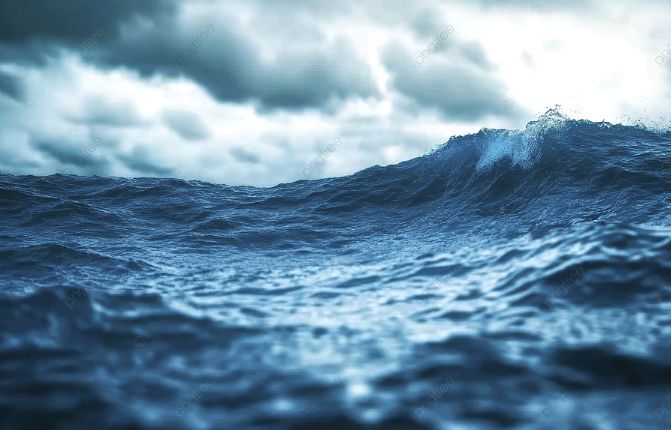A recent international study has revealed that more than 21% of the world’s oceans have experienced significant darkening over the last twenty years — a trend that experts warn could have serious consequences for marine life and global ecosystems.
The research, led by the University of Plymouth and published in the journal Global Change Biology, shows that between 2003 and 2022, sunlight penetration in ocean waters has sharply decreased. The phenomenon, known as ocean darkening, is linked to factors such as changes in algal bloom patterns, rising sea surface temperatures, and growing artificial light pollution.
According to the study, over 9% of the oceans — roughly the size of Africa — have seen light reduced by more than 50 meters, while 2.6% have recorded reductions deeper than 100 meters.
Marine experts have raised alarms about the potential consequences of this shift.
> “These findings represent a genuine cause for concern,” said Dr Thomas Davies, Associate Professor of Marine Conservation at the University of Plymouth. “The reduction in light limits the space available for marine species that depend on sunlight and moonlight for survival and reproduction.”
Prof Tim Smyth, head of Science for Marine Biogeochemistry at Plymouth Marine Laboratory, warned that species might be forced closer to the surface, heightening competition for food and resources and possibly triggering large-scale changes in marine ecosystems.
Experts caution that these shifts could ultimately affect not just marine biodiversity but also the air we breathe, the seafood we consume, and the ocean’s crucial role in combating climate change.














